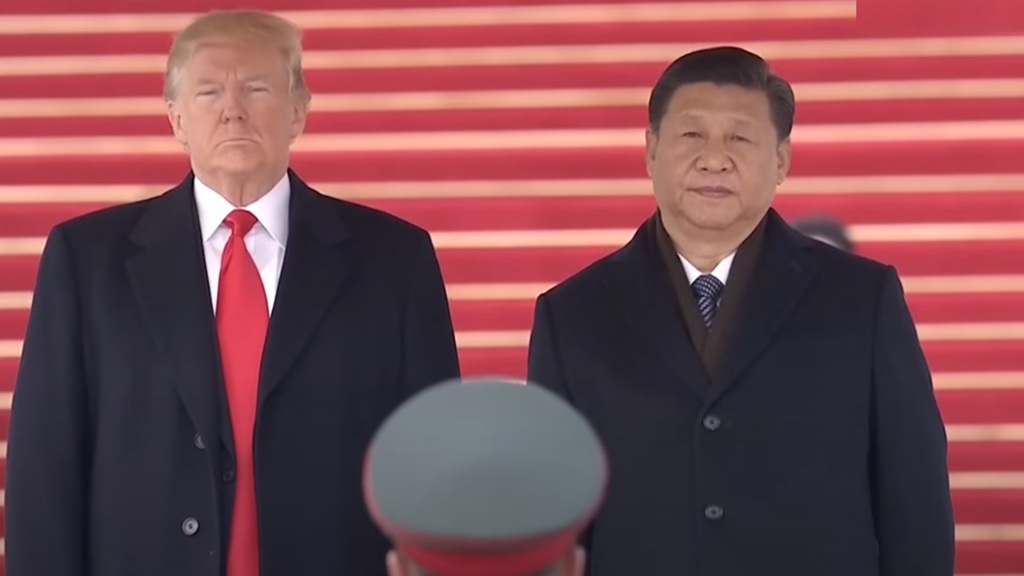[Source]
Favorable views of China and confidence in President Xi Jinping have increased in many regions while approval of the U.S. and President Donald Trump has declined or remained low, a new global Pew Research Center survey has found. The survey, conducted among more than 28,000 adults across 25 countries between January and April 2025, highlights shifting attitudes toward world powers and their leaders.
Changing perceptions
The survey reports that a median of 49% across 24 non-U.S. countries view the U.S. favorably but this represents a decline in many places since the previous year. A median of 36% express a favorable opinion of China across all 25 countries, a modest but notable increase from previous years. At the same time 54% of respondents hold an unfavorable view of China, showing skepticism remains high.
Confidence in Xi Jinping rose to a median of 25% this year, up from 17% in 2024, though 66% of respondents still say they do not trust him to handle world affairs. Confidence in Donald Trump now stands at a median of 24%, marking a sharp decline from the 53% who expressed confidence in President Joe Biden last year. As a result, the difference in global trust between Xi and Trump is now at its narrowest point since 2020.
Trending on NextShark: The world trusts Xi Jinping more than Donald Trump, survey shows
Regional trends, shifting power
The U.S. continues to be viewed more positively than China in eight countries including Western partners and U.S. allies such as Israel, Japan and South Korea. China is now viewed more favorably in seven countries including Mexico, Indonesia, South Africa, Kenya and Turkey. In the remaining nine countries, views of the U.S. and China are about equal.
A median of 41% now see China as the world’s top economic power compared to 39% for the U.S. This is a reversal from previous years when the U.S. led in global economic perception. While most countries still prefer strong economic ties with the U.S., support for closer relations with China has grown, particularly in middle-income countries. In Australia the share favoring closer ties with China rose from 39% in 2021 to 53% in 2025.
Trending on NextShark: Chinese university expels student over ‘inappropriate behavior’ with Ukrainian
Implications and outlook
Analysts point to several factors behind these changes, including shifting perceptions of reliability and global leadership. U.S. policy actions under Trump, such as foreign aid reductions, trade disputes and decreased international engagement, are seen as contributing to the decline in global favorability. Meanwhile, China’s expanding investments and diplomatic engagement in many regions have helped improve its image.
The survey highlights that while the U.S. continues to be seen as a major ally in many countries, its reputation has suffered during Trump’s leadership. At the same time, the rise in China’s global stature and the standing of Xi Jinping among emerging economies signals a significant shift in international views of global power and leadership. The recent withdrawal of U.S.-funded broadcasters such as Voice of America from key regions has also created more space for Chinese state media to shape news coverage and public opinion abroad, potentially amplifying Beijing’s influence in key markets.
Trending on NextShark: North Korean defectors debut in new K-pop boy group
This story is part of The Rebel Yellow Newsletter — a bold weekly newsletter from the creators of NextShark, reclaiming our stories and celebrating Asian American voices.
Subscribe free to join the movement. If you love what we’re building, consider becoming a paid member — your support helps us grow our team, investigate impactful stories, and uplift our community.
Trending on NextShark: Asian Americans face new threats as ICE gains access to Medicaid data
Download the NextShark App:
Want to keep up to date on Asian American News? Download the NextShark App today!


